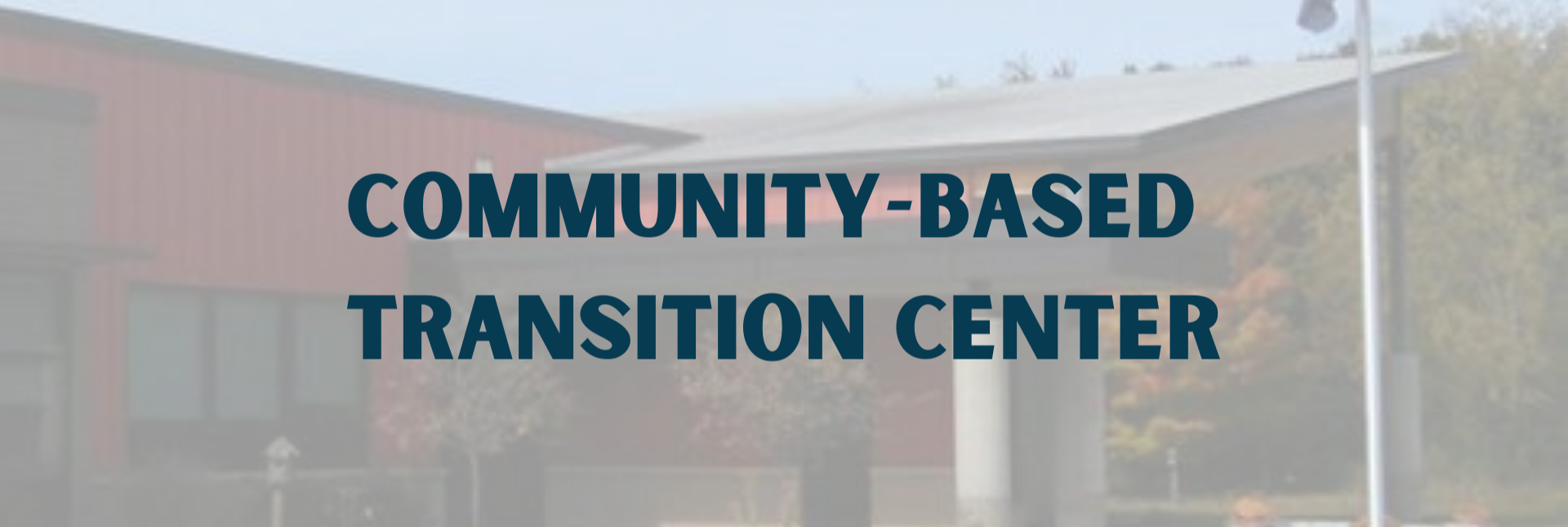
Transition-to-Work Program |
|---|
The Transition-to-Work Program (TWP) is a nine-month internship program for people with disabilities. It is targeted for individuals whose goal is competitive employment. The program takes place entirely at Charles River where total immersion in the workplace facilitates the teaching and learning process as well as the acquisition of employability and marketable work skills. Interns participate in three unpaid internships to explore a variety of career paths. The interns work with a team that includes their family, an instructor, and local and state agencies to create an employment goal.
Intern Requirements
Be at least 18 years of age
Completed four years of high school
For most interns, this will be the last year of student services, and they will accept a diploma/certificate of completion at the end of the school year
Meet eligibility requirements for Michigan Rehabilitation Services or Michigan Commission for the Blind
Demonstrates personal hygiene and self-care skills that are fit for the workplace
Have behavior and social skills that meet the professional standards of the workplace
Take direction from supervisors and adjust performance
Be able to communicate effectively
Arrange and utilize public transportation or other modes of transportation.
Ability to do physical work up to five hours per day
Have previous experience in a work environment (including school, volunteer, and paid work)
Ability to pass drug screen and felony check
Have up-to-date immunizations that are compliant with Charles River standards
Desire and plan to work in the community at the end of the Transition-to-Work Program.
Intern Benefits
Participate in a variety of internships within the host business
Acquire competitive, transferable and marketable job skills
Gain increased independence, confidence, and self-esteem
Obtain work-based individualized coaching, instruction, and feedback
Develop linkages to Vocational Rehabilitation and other adult service agencies
Type of Work
The work interns perform at Charles River is entry-level. These tasks are part of the job description in each department. They are necessary to uphold the quality standards of Charles River. A student may be assigned to:
Pharmacokinetics
Formulation
Equipment tech
Sanitation
Custodial
READY to Apply? |
|---|
Fill out this form to receive a copy of the application: Request the Transition-to-Work Application.
Fill out the application in its entirety.
Return to lleonard@vbisd.org or 811 Hazen Street, Paw Paw, MI 49079.
